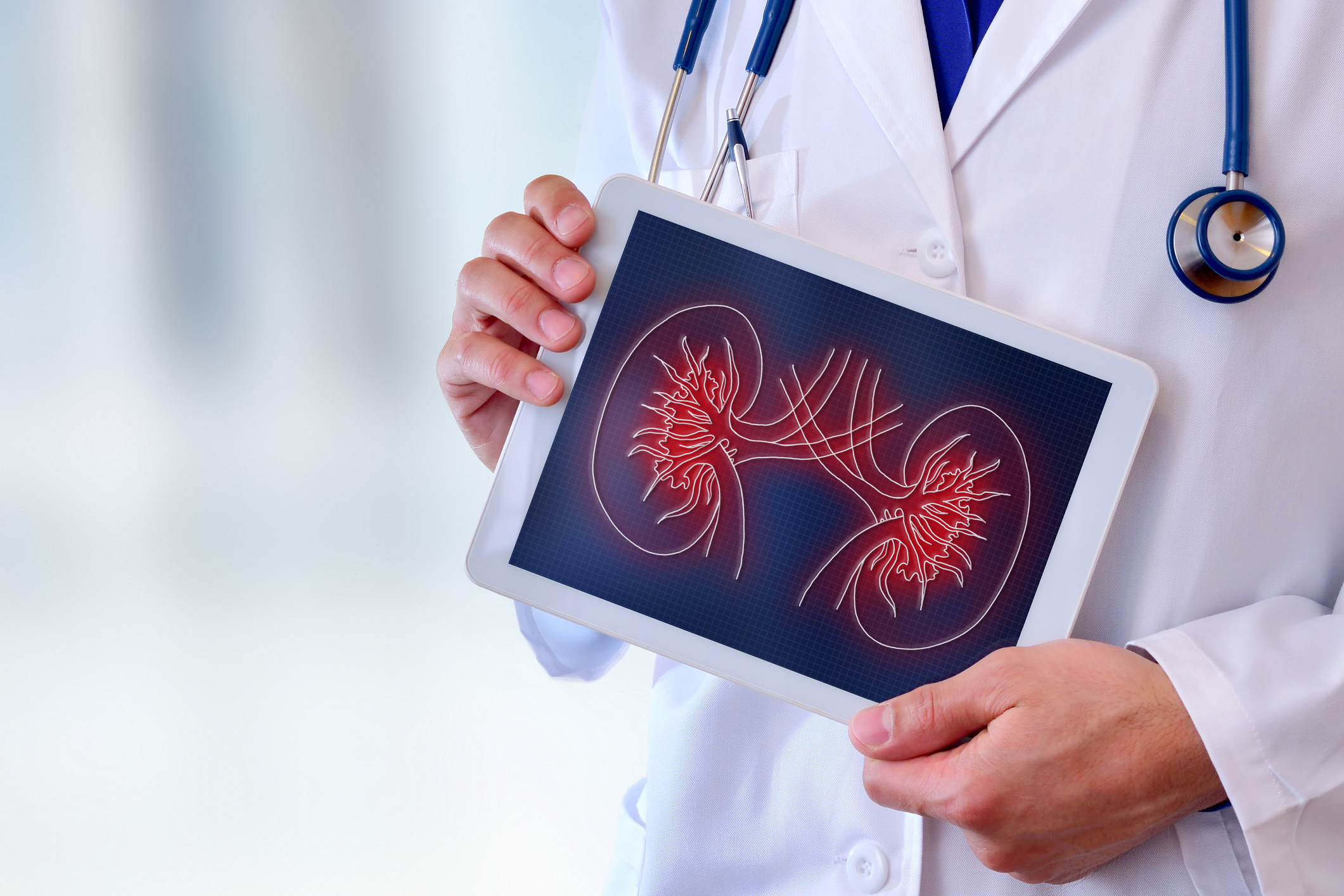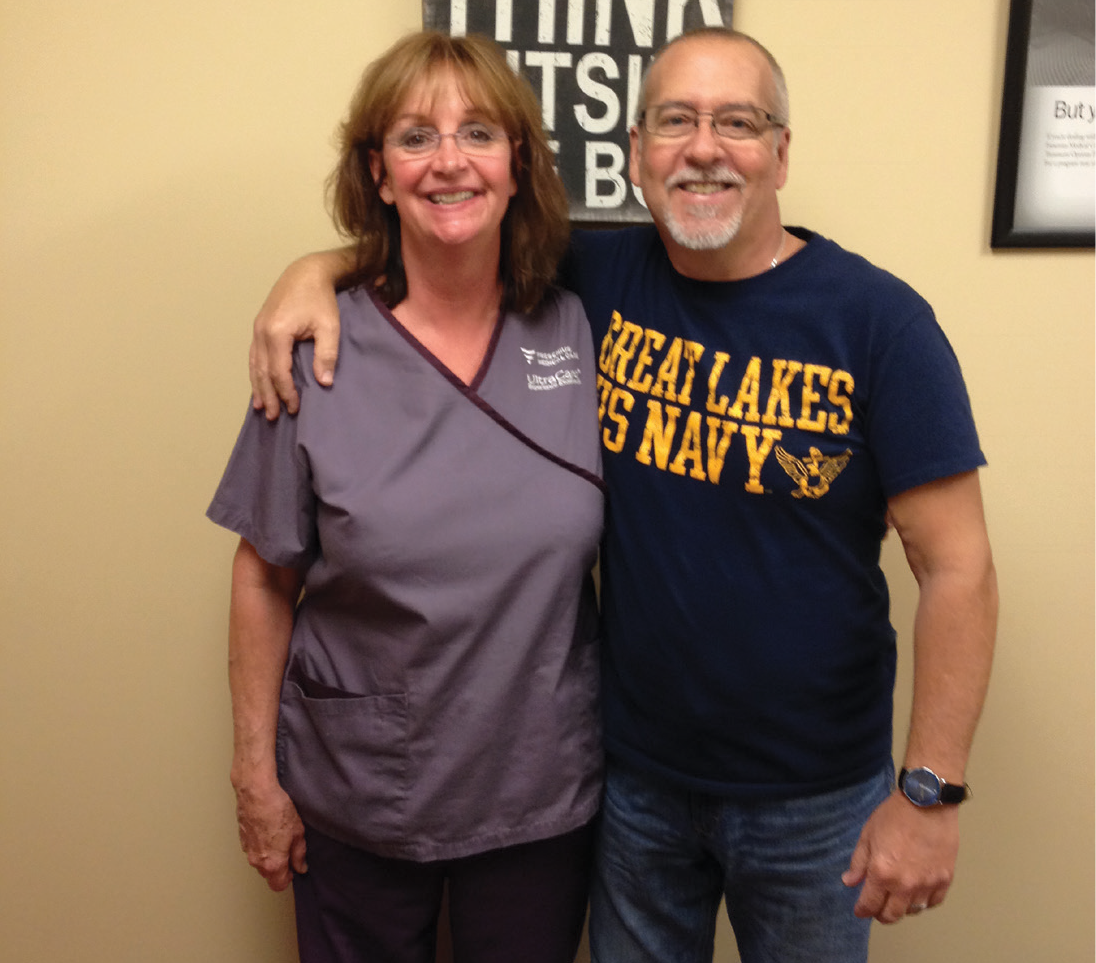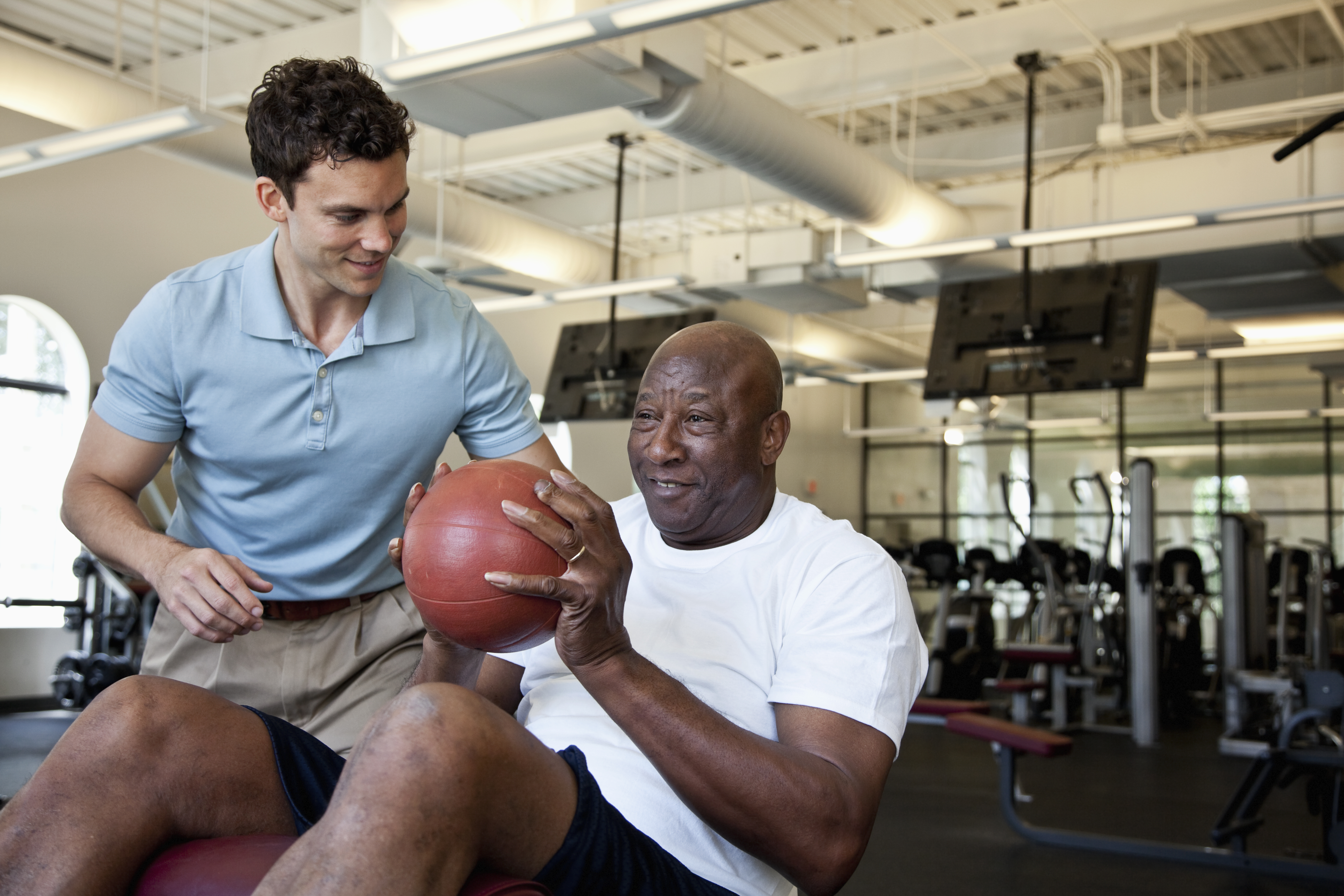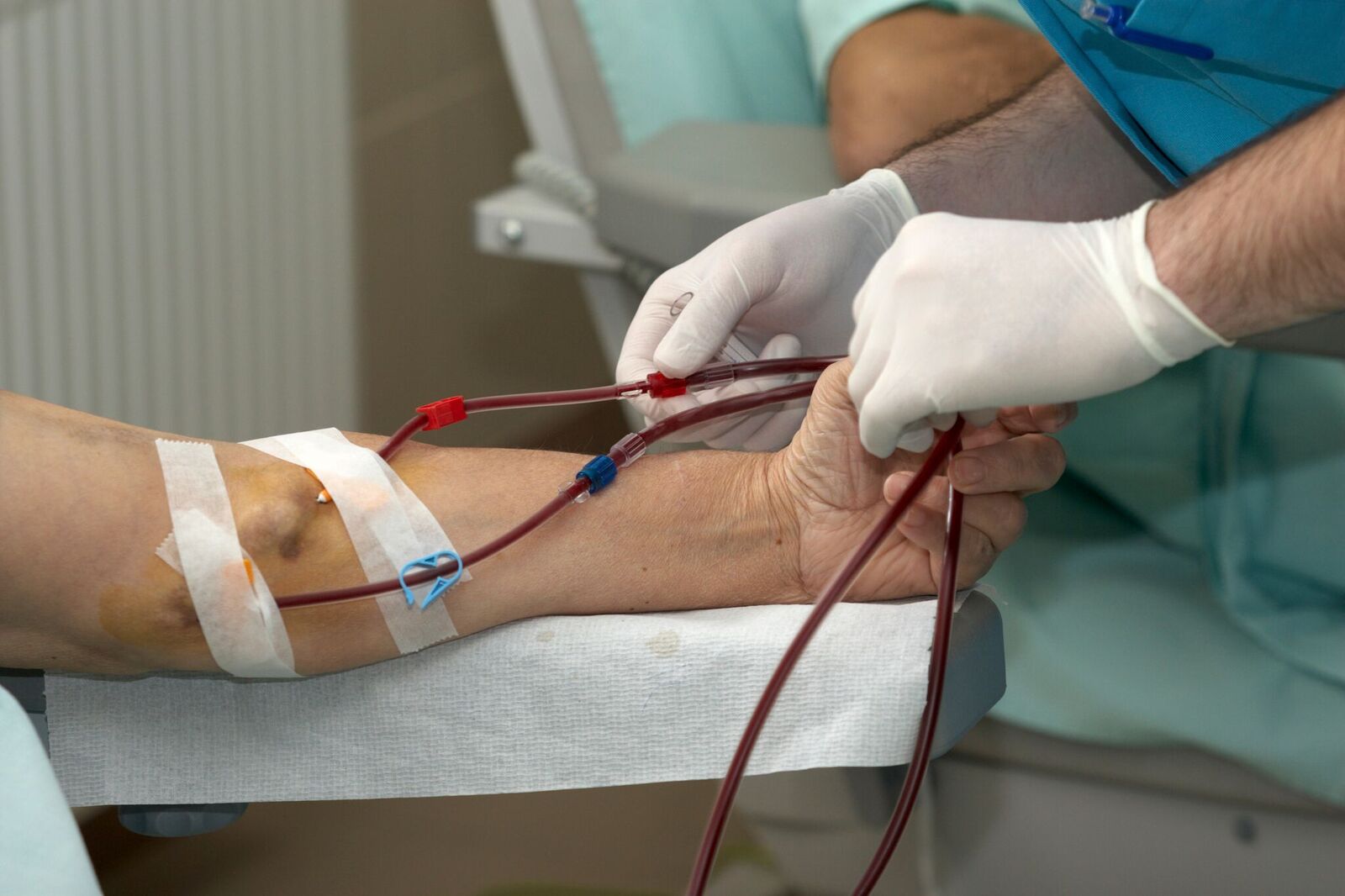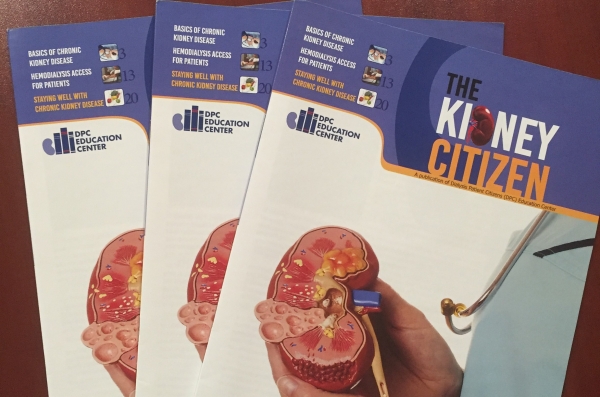News & Events
Discover new information and educational offerings that we provide. Explore our newsletters, blogs and upcoming webinars/conference calls.
Contents:
Dialysis Patients’ Guide to the Medicare ESRD Bundle
Medicare is changing how it pays for dialysis, and this is expected to impact your care. These changes started in 2011 and will continue through 2016. This is a guide to what you need to know and what you can do to help ensure you continue to receive quality dialysis care during this transition period. HOW WAS DIALYSIS PAID FOR TRADITIONALLY? Dialysis treatments, injectable medications received in the clinic, laboratory tests and other items used to treat end stage renal disease (ESRD, also known as kidney failure) are paid for by Medicare Part B for most patients. However, before January 2011, some of these items were billed by the dialysis facility to Medicare as [...]
Can a Kidney Disease Chef Lose Weight?
By Duane Sunwold I’m a chronic kidney disease (CKD) patient that teaches in a culinary program. That means I’m around food ALL the time, plus the medication I was on caused me to gain an extra 70 pounds. I know managing your weight with kidney disease can be a challenge. Here are a few of the tips I used to help manage my weight. Eating the right types of food was key to losing the weight. That meant I had to embrace my doctor’s and dietitian’s advice. I planned out my 3 meals and 3 snacks a day, and followed my dietitian’s recommendations. Before I started eating, I would also portion out my food [...]
Why DPC Supports Opening Medicare Advantage Enrollment to Dialysis Patients
By Jackson Williams, Government Affairs Director for Dialysis Patient Citizens Would dialysis patients benefit from being allowed to enroll in Medicare managed care plans? Many health policy experts in Washington D.C. admire the leading integrated insurer/delivery systems such as Kaiser Permanente and Group Health Cooperative, and view them as models for transforming traditional Medicare. But outside of certain regions of the U.S., most American consumers remain skeptical of private health insurers. Managed care requires trading off retaining your choice of providers that traditional Medicare gives beneficiaries against a chance to receive other benefits. DPC does not advocate that ESRD patients should abandon traditional Medicare to enroll in a managed care plan. But we do [...]
Treatment Options for Kidney Disease
There are many effective treatment options for kidney disease. Talk to your doctor about these options: Peritoneal Dialysis Hemodialysis Kidney Transplantation There is no one treatment option that is best for everyone. There are pros and cons to all three treatments. All of them work—you and your doctor just need to decide which one is best for you. Hundreds of thousands of people today are living well on dialysis or with a transplant. Each of them faced a decision like yours. And everyone who has been there will tell you the same thing: No matter which option you choose, you will feel better with treatment. You will have more energy for activities like work, [...]
Dialysis Diet on a Budget
With so many food choices available and limited time in your schedule, it can be difficult to select the right food options for your kidney health and for your wallet. Use the following suggestions to help you eat more healthfully at home and on the go, while also saving money. Inexpensive Protein Options Canned tuna (use for tuna salad over salad greens or in a sandwich) Canned salmon (try it on grits, or make salmon croquettes) Eggs (make egg salad served over salad greens or as a sandwich, or try them boiled, deviled, scrambled, fried or poached) Inexpensive fish such as whiting Dark meat chicken (such as thighs and leg quarters) Chuck roast Wild [...]
The Gift of Life: A Donor’s Perspective
By Joanne Smith On August 11, 2015, I had the wonderful opportunity to provide a fellow human being with a kidney. Growing-up my grandfather told me “giving is a wonderful thing and it makes you feel real good.” He made me realize that when someone is giving something to you, they have the same opportunity to feel “real good.” I learned to be a generous giver, but more importantly to be a gracious receiver. This actually enables others to enjoy the feeling of being generous givers as well. So, please don’t be afraid to ask your friends and family members to become kidney donors for you. I began my journey to kidney donation several [...]
Diabetes and Kidney Disease
The relationship between diabetes and kidney disease First, to set the record straight, if you have diabetes you will not necessarily develop kidney disease. The fact that you are reading this handout already puts you ahead of the curve, because there are steps that you can take to safeguard against chronic kidney disease (CKD). Diabetes is the leading cause of kidney disease. The other leading causes of CKD are: • Hypertension (high blood pressure) • Glomerulonephritis • Cystic diseases • Urologic disease. In diabetics, the body has a hard time producing or properly using insulin. Without insulin, glucose (sugar) remains in the blood and can damage the glomerulus (blood vessels) and nephrons (filtering units) [...]
Basics of Chronic Kidney Disease
Chronic kidney disease (CKD), also called chronic kidney failure, describes the gradual loss of kidney function. Your kidneys filter wastes and excess fluids from your blood, which are then removed from your body in your urine. When CKD reaches an advanced stage, dangerous levels of fluid, electrolytes and waste products can build up in your body and cause you harm. In the early stages of CKD, you may have few signs or symptoms, and may only be diagnosed with a blood and/or urine test. In fact, you may not feel sick from CKD up until most of your kidney function is lost. Treatment for CKD focuses on preventing more kidney damage and slowing the [...]
Staying Well with Chronic Kidney Disease: Basic Guidelines for Eating and Exercise
By Danielle Kirkman, PhD For some people with Chronic Kidney Disease (CKD), following a diet prescribed by their doctor may help to delay the need for dialysis. A diet will not cure kidney disease. A dietitian can help you develop a diet plan that follows your doctor’s recommendations and is also realistic. Eating healthy foods can help you feel well. A meal plan made to fit your needs can help you: get to a healthy weight or stay at a healthy weight, control your blood pressure, control your blood glucose (sugar) and lower your risk of heart disease by giving you energy. First, and most important, be sure to speak to your doctor or [...]
Hemodialysis Access for Patients
(The Care and Feeding of Your Dialysis Access) By Dr. Steve Curtiss Problems with dialysis access are a leading cause of complications and hospitalizations of patients with kidney disease. The more patients understand about their access, the more they are empowered and can become an important part of the healthcare team, which leads to an improved quality of life by staying out of the hospital and having efficient dialysis. It is also important for patients not yet on dialysis to understand the types of dialysis access available so they can be prepared and make informed choices about dialysis access when they are not in crisis. This also helps to prevent starting on dialysis with [...]
Basic Facts about Kidney Disease
Kidneys perform crucial functions within the body. When they fail there are only four treatment pathways available: Hemodialysis uses a dialyzer to act as an artificial kidney, peritoneal dialysis uses the body's own abdominal lining to filter wastes, a transplant comes from a living or deceased donor and palliative care is a strategy that aims to prevent stress and reduce pain at the end of life. Without hemodialysis, peritoneal dialysis or a transplant, individuals with failing kidneys will die. Hemodialysis (HD)—Cleansing a patient’s blood of harmful toxins and excess fluids through use of an artificial kidney (dialyzer) and hemodialysis machine. Specially trained personnel, electricity and ultra- purified water are required for treatment. There are [...]


